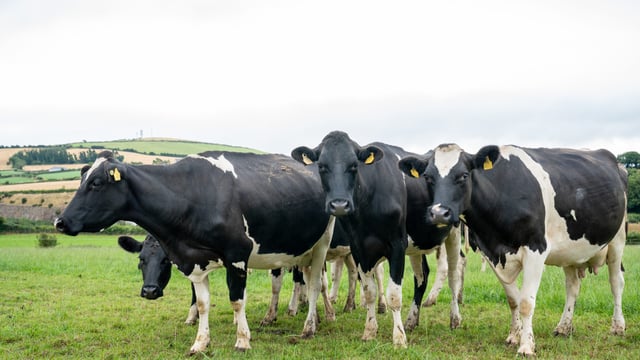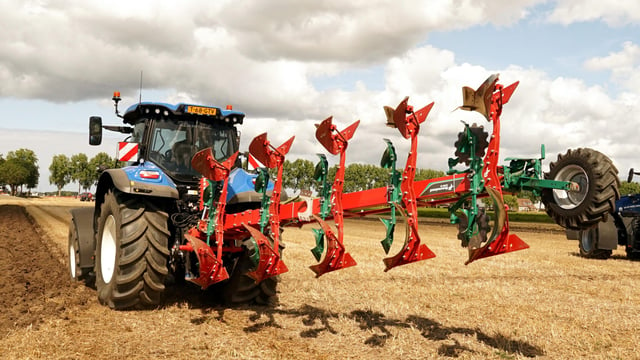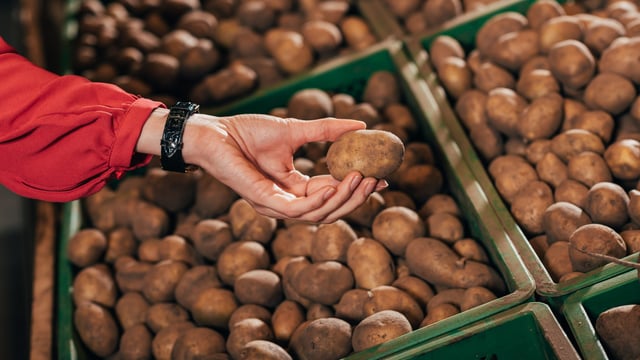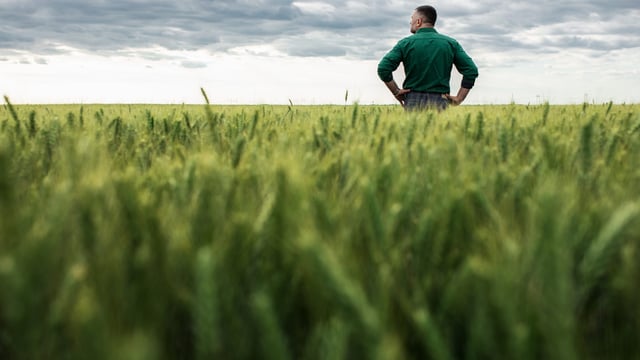Further glyphosate resistance cases identified in UK
The Weed Resistance Action Group (WRAG) have confirmed an additional two cases of glyphosate resistance in the UK.
In a statement yesterday (Thursday, August 21), WRAG announced that resistance was found in Italian rye-grass (Lolium multiflorum) in Gloucestershire and North Yorkshire.
This follows the confirmation of a case earlier in the season in Kent.
A fourth population in Essex also showed decreased glyphosate sensitivity, according to the action group.
WRAG
WRAG, who have been investigating the suspected cases of resistance, are hosted by the Agriculture and Horticulture Development Board (AHDB).
The action group collected a further 10 samples of Italian rye-grass from eight farms for rapid screening.
This process involves potting up live plant samples and spraying them with appropriate glyphosate doses.
WRAG confirmed that a high risk of resistance was identified at three separate farms.
All three of these cases were from high-risk crop management situations, where farms carry out minimal soil disturbance which means letting large weeds grow in in fallow land and not cultivating.
The group stated that the resistance likely evolved from independent selections, meaning it was not physically spread.
Population offspring will now be tested to confirm the resistance status.
In spring 2026, ADAS will screen more populations in the work funded by Bayer Crop Science.
Testing
Farmers who suspect glyphosate resistance in their crops should contact WRAG to organise testing.
Any farmer who notify of suspected cases of glyphosate resistance will be asked to complete a questionnaire, before digging up an A4-page-sized amount of grass plants from the field and sending them in for testing.
The test results will be returned to the farmer in a matter of weeks so that action can be taken if needed.
AHDB reminded farmers to note that a positive rapid test results does not automatically mean that glyphosate resistance is present throughout the field.
However, populations identified from this testing can be taken forwards for further investigation.
AHDB stated that overall summaries for regions will be produced but stressed that individual test results and locations will be kept confidential.











